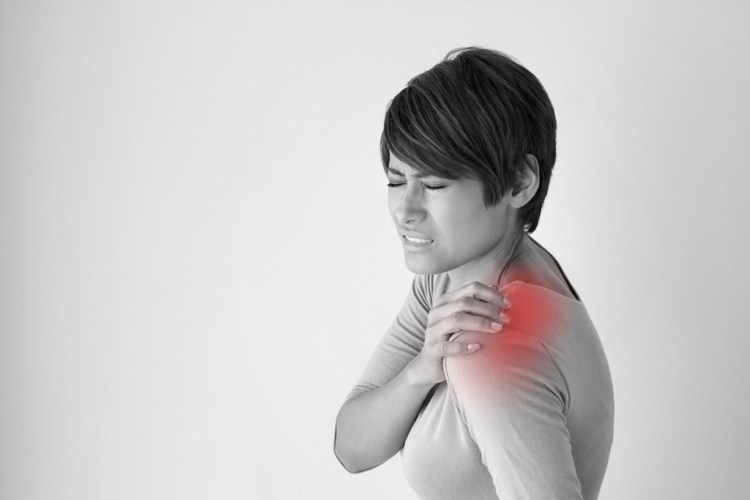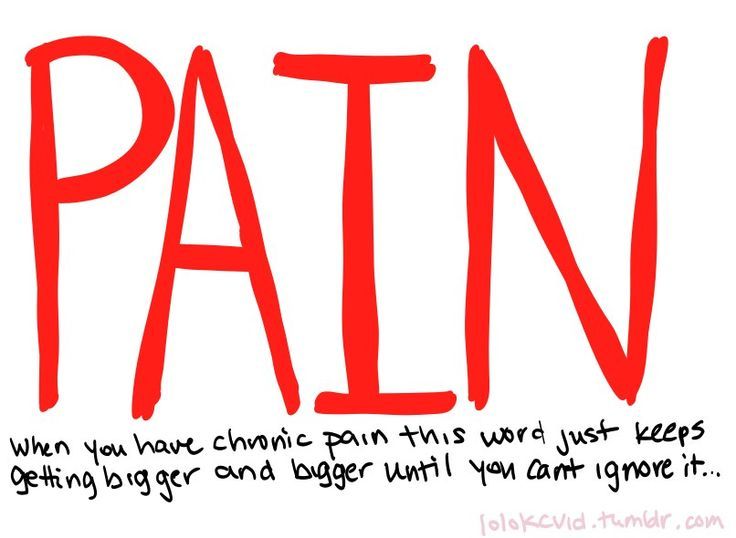“I have a problem—unexplained excessive sweating, like just stepping out of the shower, hair dripping wet, clothes soaked! … It has put a big damper on my lifestyle.”
“My limbs get so cold and painful … and yet my face will be sweating from the heat inside.”
“What exactly causes the excessive sweating? … I don’t bother to wear makeup in the summer because there is no point—it just melts off.”
These are all comments made by people with fibromyalgia and chronic fatigue syndrome.
Excessive sweating is one of those bizarre symptoms that rarely make it onto symptoms lists or grab the attention of researchers.
That’s understandable, since we have much bigger problems. Still, it can have a major impact on your life.
While doctors and researchers have noted that excessive sweating can be a symptom of these conditions, you may want to talk to your doctor about complex regional pain syndrome. It has similar symptoms and some research suggests excessive sweating may be more common in that condition.
What Causes Excessive Sweating?
Several factors could be responsible for our sweating, either on their own or in combination. They include:
- autonomic nervous system dysfunction
- heat sensitivity
- high norepinephrine levels, as a side effect of antidepressants
- anxiety
The only cause that’s “curable” is the medication side effect, and that may not be an attractive option to you if the drug is doing more good than harm.
Your doctor may have ideas about medications that help control sweating.
Living With Excessive Sweating
If you do have to live with this symptom, you may want to keep some items on hand to keep it from being obvious and embarrassing.
- Loose powders: Powder on your face may help absorb sweat before you even know it’s there. You can also apply it after drying sweat off of your skin to keep from being shiny.
- Oil-absorbing face wipes can keep you from having greasy-looking skin as well. They’re generally better than napkins or tissues, which work in a pinch but may be worse for your skin as well as less effective.
- Dress shields and sweat pads can help absorb sweat before it soaks through your clothing. For especially heavy sweat, a menstrual pad may work better.
- Sweat-absorbing clothes may also be a good option for you. They can be more expensive, though.
- A hat or ponytail holder can help hide sweat-related hair disasters.
You may find that you need to keep a stash of extra clothing in your car, purse, locker, desk, or other convenient place.
Click Here to Visit the Store and find Much More….
Preventing Excessive Sweating
If your sweating isn’t tied to any particular stimulus, you might not be able to keep it from happening. However, if it’s tied to heat—and especially our tendency to become overheated—you may find that some of these things reduce the problem.
- Extra antiperspirant, re-applied a few times during the day, and applied to non-typical places where you tend to sweat a lot may help.
- Taking cooler baths or showers, or running cooler water over your body before you get out, may keep you from getting overheated and sweating more.
- Especially if you tend to be cold a lot, you may frequently find yourself dressed too warmly for the environment. Dressing in layers gives you more temperature-control options.
- Choosing cold drinks over hot ones and avoiding hot foods can help.
Once sweating starts, it may be difficult to stop. You’re better off trying to prevent it in the first place.
Dehydration From Excessive Sweating
One important thing about excessive sweating is making sure you stay hydrated. It’s important to replace both the water and the electrolytes you sweat out.
Electrolytes are minerals, including:
- potassium
- calcium
- magnesium
If you think you need to replace electrolytes but don’t have a sports drink handy, you can get them via supplements or through food.
It can be hard for us to tell when we’re dehydrated because the symptoms can be similar to some we already have.
You should make sure to know the symptoms of dehyrdration.


